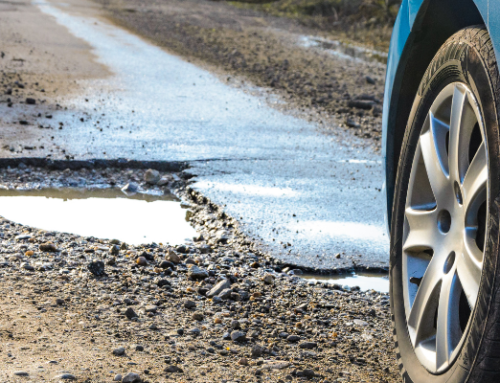With 31 regions across England currently trialling e-scooters as part of the drive towards Net Zero, David Nichols, chief claims officer at Zurich, considers what the consequences of legalising these vehicles will be for both insurers and policyholders.
Taken from an original article David Nichols wrote for Insurance Post.
Privately owned e-scooters have now become a common sight on highways and byways despite being illegal on public roads, pavements and cycle lanes. In the not-too-distant future, it may no longer be an offence to take the devices off private land.
E-scooter rental schemes are currently operating in 31 regions across England, and have no doubt provided a valuable addition to the UK’s transport mix. In the future, they could contribute greatly in the journey towards Net Zero.
Safety, liability and legalisation
However, questions relating to safety and liability must be at the core of any policy decisions on whether to legalise privately owned e-scooters.We’re currently at the very beginning of a revolution in transportation technology. Advanced driver-assistance systems and self-driving cars, for example, will completely change the way we travel.
E-scooters, with their sustainable credentials and potential to ease congestion, have rightly caught the government’s eye.
We should be careful not to lump all these innovations together though, and be mindful that some will require more caution than others. Smart motorways have already shown that the downsides are sometimes less obvious than the shiny benefits.
What could be the consequences of legalising private e-scooters? To begin with, four out of five people currently believe that e-scooters pose a threat to pedestrian safety, while almost three-quarters worry about the risk to other road users, according to research by Keoghs.
According to Department for Transport figures, around 80% of e-scooter casualties are reported by the riders themselves, suggesting that people are four times more likely to be hurt using an e-scooter than to hurt someone else. In most cases, injuries are sustained through single-vehicle collisions or – in plain English – falling off.
But e-scooters can still pose a serious threat to those around them. According to the Parliamentary Advisory Council for Transport Safety, in the first 10 months of 2021 there were nine deaths involving an e-scooter and more than 300 casualties. It’s hard to say how many of these casualties arose from either rented e-scooter usage or illegal private usage.
However, with rental versions limited to a maximum speed of 15.5mph, and some powerful privately owned e-scooters capable of hitting 68mph, complete legalisation without limits would undoubtedly lead to more frequent and more severe injuries, and possibly more deaths.
Then, of course, there is the fire risk associated with the devices’ batteries.The London Fire Brigade has been involved in more than 130 call outs involving fires from the types of batteries used in e-scooters in just over a year. Zurich has seen claims for lithium battery fires triple over the past three years.
These are the risks, but what are the benefits? While a strong case can be made that e-scooters will ease congestion in busy towns and cities, they can also deter cyclists and pedestrians.
In 2021, councillors in Stockholm, Sweden voted to half the number of e-scooters in the city after a series of parking issues. The devices had gained notoriety in the country after an 80-year-old cyclist tragically died after crashing into an abandoned e-scooter that had been left unattended in a cycle lane.
In announcing the cull on rental firm licences, one local politician warned that the Swedish capital had turned into an “e-scooter jungle”.
Balance of regulation
So, how do we get the balance of regulation right, so the same does not happen in our towns and cities?
The government has previously said it wants to introduce legislation to both make e-scooters safer and support innovation. Countries such as Italy and Belgium have already taken a stab at this by introducing speed limits and fines for problem parking. Back in the UK, around two-thirds of the public believe that the stricter safety measures, including speed limits and a ban from being used on pavements and pedestrianised areas, should be introduced if private usage is legalised, according to Keoghs.
And, of course, with their numbers growing rapidly, we need to consider e-scooter safety at home, as well as on the road. Cracking down on illegal batteries, as well educating consumers on safe-charging practices, must be part of this equation.
We are here to help
If you are concerned about how this affects you and your business and would like support in assessing your needs, we are here to help. Please do get in touch for confidential advice and guidance.
This article was adapted from an article by Zurich which can be found here.





